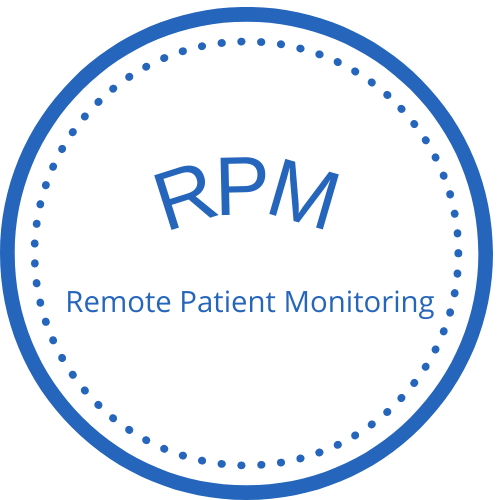- Lab Tests & Diabetes - May 20, 2021
- What is a Medical Sharing Plan? - May 13, 2021
- Should I worry about Dementia? - May 5, 2021
What is Generic Screening?
And why do I need it?


Screenings for cardiovascular diseases are tests performed by doctors to screen for any conditions you may have in relation to your cardiovascular health. This can be anything from checking blood pressure, blood glucose (sugar) levels (A1c), and even keeping an eye on your diet and weight (BMI). Doctors can request these tests be done, or, you can request them yourself.
When it comes to specific blood tests related to a cardiovascular health screen, these tests usually include blood glucose levels, cholesterol levels, lipids, and triglyceride levels that help detect conditions that may lead to a heart attack or stroke.
Screening is an important step to determine what you may be at risk for with heart health, and may also uncover any other health issues you may have not been aware of. You may feel great (or not), and screenings can assist in finding any underlying conditions or side-effects your body may be hiding from you on a day-to-day basis.
Will Medicare cover my screenings?
How Medicare can assist you
When it comes to cardiovascular blood test screenings, Medicare Part B states that Medicare will cover a cardiovascular blood test screen once every five years. Medicare Part B is the section that outlines services from doctors and other health care providers. It also covers outpatient care, home health care, durable medical equipment, and some preventive services.
Screenings for cardiovascular disease are different than tests that may follow if it is determined that you do have a heart condition or disease. Be sure to check with your doctor along the way what tests will be covered by Medicare to minimize any out-of-pocket expense for yourself.
How much will it cost me?
Talking to your doctor can minimize expenses


As long as your provider accepts the assignment Medicare provides, the screening will be at no cost to you.
An ‘assignment’ is the amount that Medicare has determined the screening should cost. Depending on the provider, the doctor may have a different cost associated with their screenings, but Medicare will speak to your doctor on your behalf to determine a price point that is acceptable for both of them.
Be sure to speak with your doctor and make sure everyone is on the same page when it comes to the cost of the screening, so you can avoid paying out of pocket for the service. A doctor may not accept the assignment price that Medicare gives them. You should then determine if you wish to move forward with the testing with that doctor, or find another provider who will accept Medicare’s assignment for the screening. Be sure to discuss this with your provider and determine what is right for you.
Furthermore, doctors might recommend tests that Medicare may not cover, and it will be up to you to pay them out of your own pocket. Be sure to understand what tests are being suggested and if they are necessary for your screening to avoid unnecessary costs, and research what all Medicare will cover on your behalf.
Where can I find more information?
For more information on Medicare coverage, visit their official website: https://www.medicare.gov/
Medicare is for those 65 years of age or older, however, there are some instances in which those younger can qualify. Visit their website to find more information on applying for Medicare, as well as their search tool to see what services are covered under Medicare.



